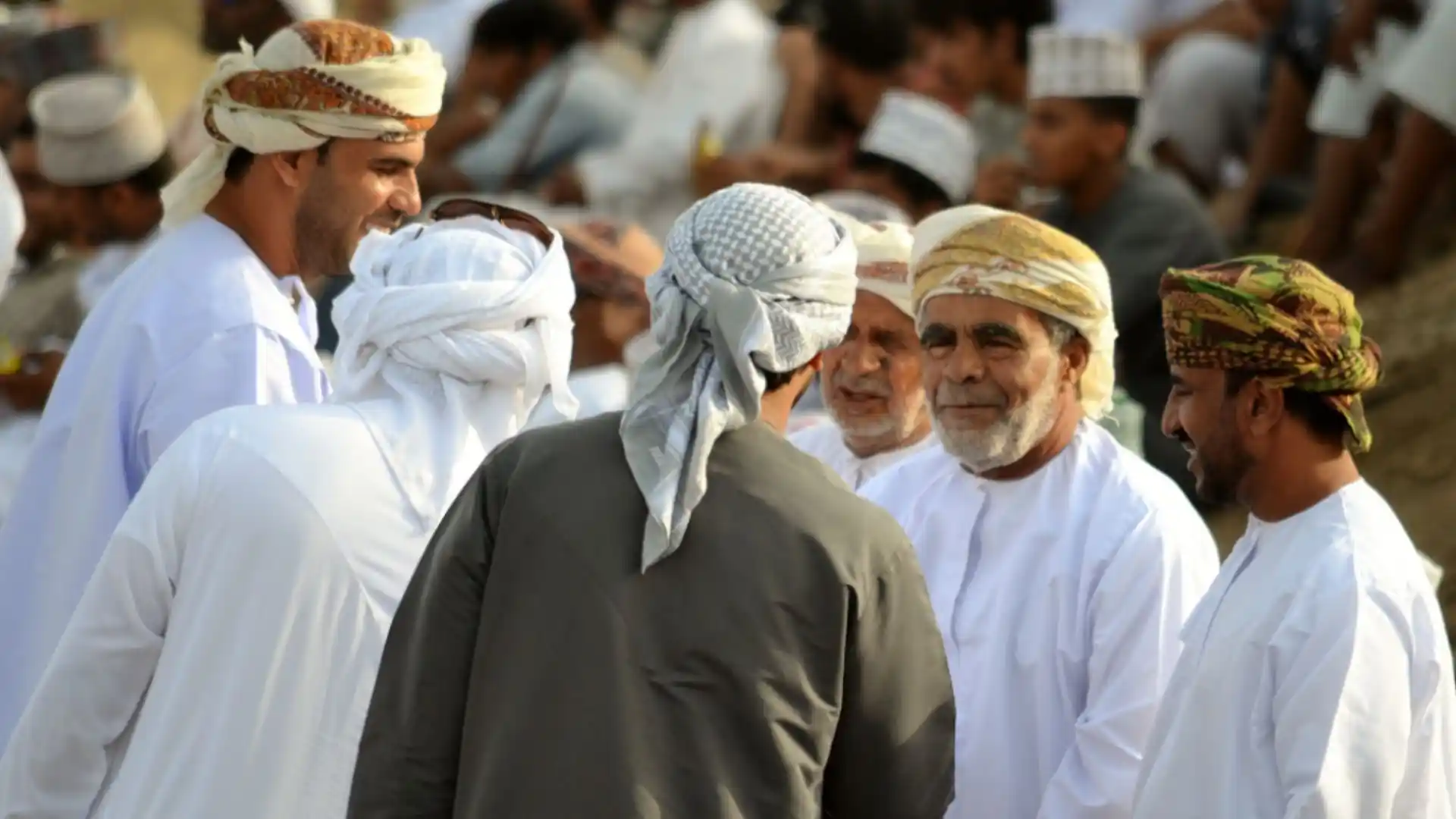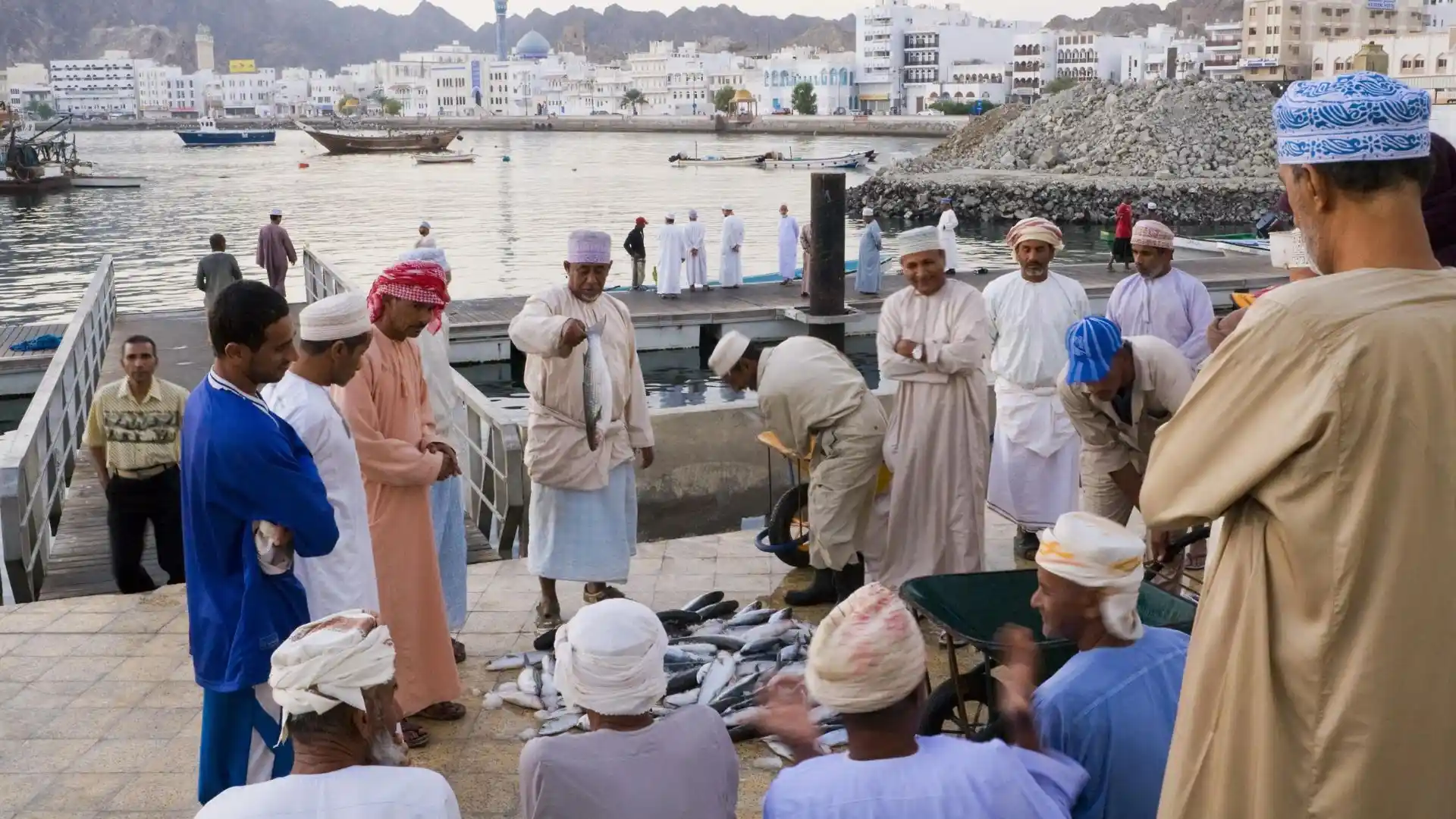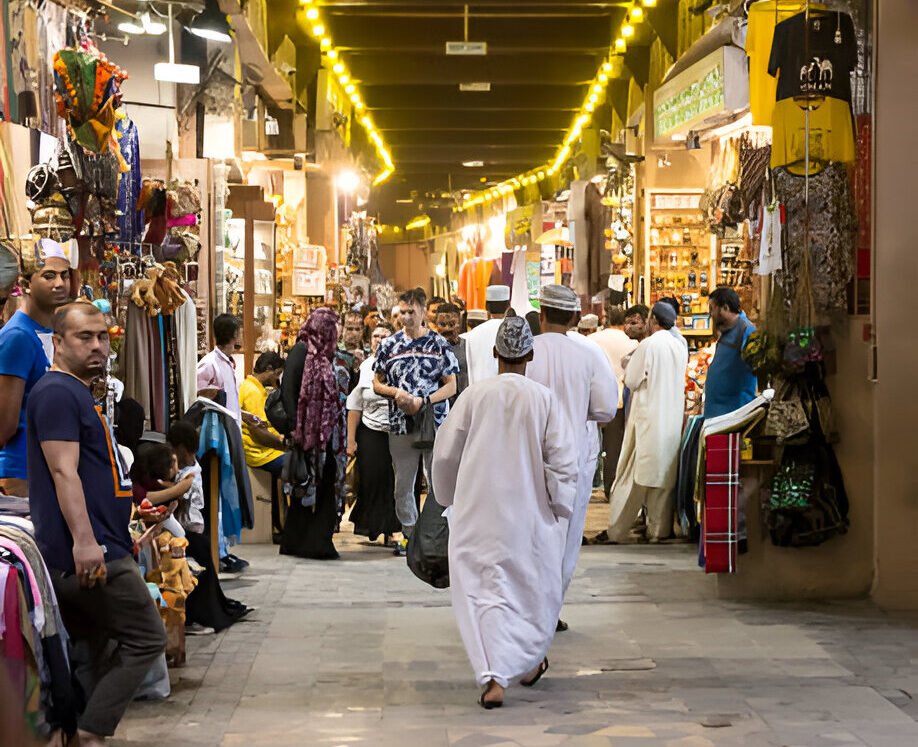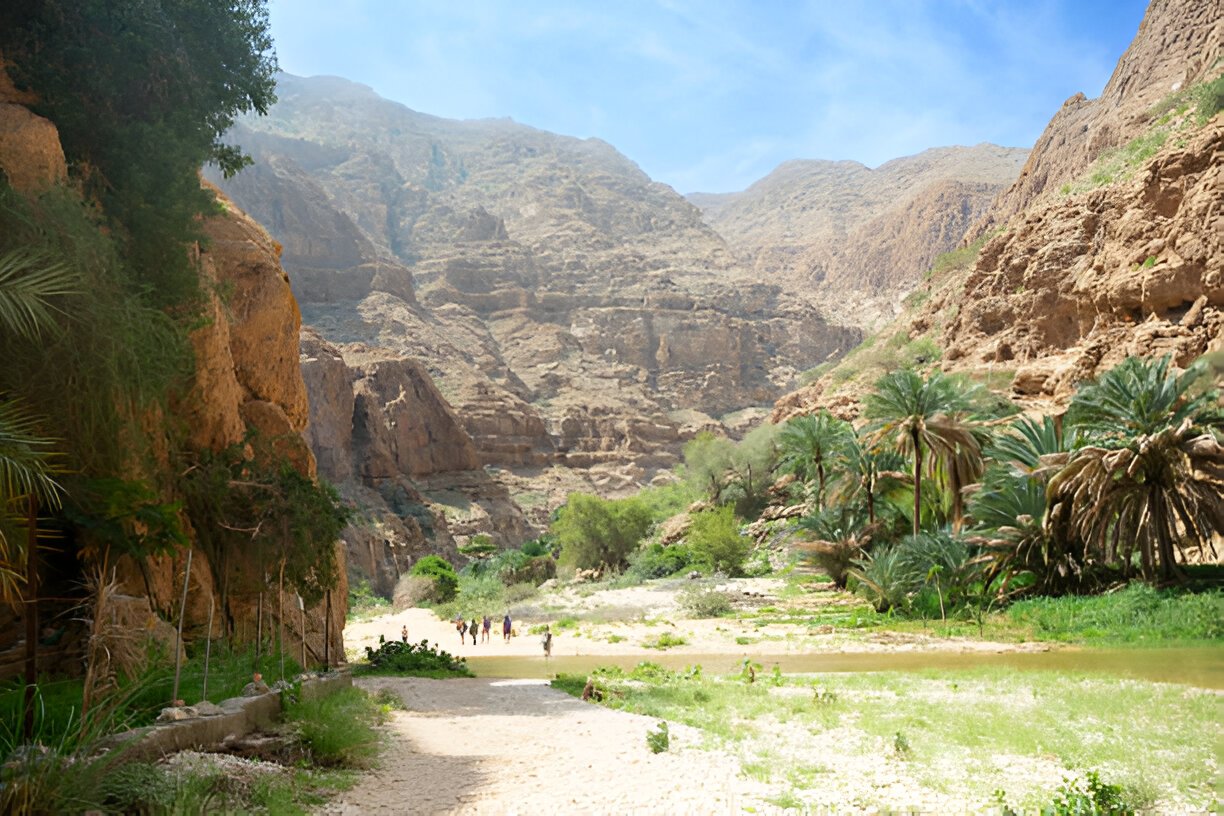

Oman, a beautiful nation on the Arabian Peninsula, is known for its breathtaking landscapes, deep history, and friendly people. Alongside these, Oman also has a set of cultural norms that shape public behaviour. Whether you’re a visitor or a resident, understanding these customs is essential for respectful and positive interactions. This guide will walk you through key aspects of public behaviour in Oman, helping you easily navigate social situations.
To truly understand public behaviour in Oman, it’s important to appreciate the broader cultural context. In Oman, tradition meets modernity, blending Islamic values with tribal heritage. This connection to tradition influences all aspects of life and forms the basis for social norms across the country.
Islam is central in shaping Omani values and public behaviour, emphasizing respect, modesty, and family importance. Understanding this is essential to navigating public behaviour in Oman respectfully.
Tribal affiliations influence Oman’s social structure, valuing loyalty, respect for elders, and preserving honour. These customs are evident in Omani hospitality and social etiquette.
A key aspect of public behavior in Oman is the dress code, which reflects both Islamic and social values. Visitors are encouraged to dress conservatively to show respect for local customs.
Greetings in Oman go beyond formality; they represent warmth and respect.
Hospitality is central to Omani culture. If invited to an Omani home, showing appreciation is essential.
Tip: Accepting food or drink is considered polite; refusing hospitality can be seen as rude.
Dining is a social event in Oman, often shared and leisurely. Understanding dining etiquette can help enhance your experience.
Tip: Wash your hands before the meal and thank your host afterwards.

Modesty is a fundamental part of public behaviour in Oman, reflected in interactions and personal space.
Tip: Observe how locals interact to understand personal space norms.
Oman’s mosques and religious sites are sacred and respectful behaviour is expected.
Tip: When in doubt, follow the lead of locals or seek guidance from a host.
Ramadan is a holy month of fasting and reflection. During this time, public behaviour in Oman aligns with spiritual values.
Dress Conservatively: Modest dress is especially encouraged during Ramadan.
Quiet Conduct: Loud activities and public celebrations are discouraged.
Tip: Familiarize yourself with Ramadan customs to show respect.
In Oman, social media use is guided by cultural sensitivity and respect for privacy.
Tip: When unsure, prioritize respect and discretion in public and online conversations.
Oman’s natural beauty is cherished, and preserving it is a responsibility shared by residents and visitors.
Tip: Participating in local conservation efforts shows respect for Oman’s environment.
Public behavior in Oman reflects its rich cultural heritage and values. From respectful greetings to dress codes, understanding these expectations fosters positive interactions and enriches your experience. By respecting Omani norms, you’ll create meaningful connections and leave a positive impression, appreciating the warmth and depth of Omani culture.
Never miss any important news. Subscribe to our newsletter.







